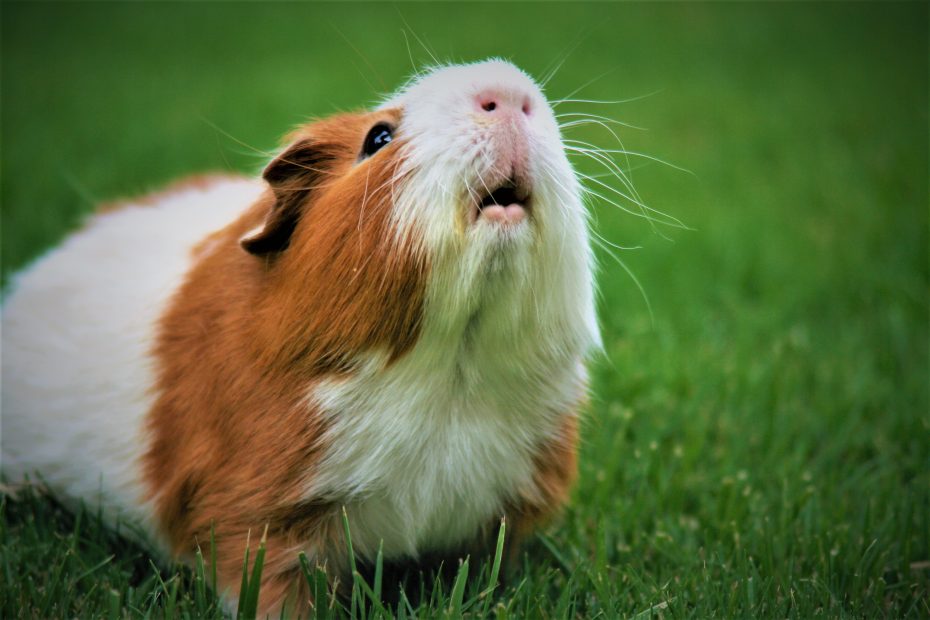Table of Contents
Introduction
Nestled on Africa’s western coast, the small nation of Guinea often gets overlooked by travelers. However, this diverse country has much natural beauty, vibrant culture, and adventure to offer. With lush highlands, beaches, rainforests, waterfalls, and more, Guinea is an ideal destination for those seeking to get off the beaten path in West Africa.
There are many compelling reasons to visit Guinea. Nature lovers will enjoy the stunning vistas and variety of landscapes. The Fouta Djallon highlands provide excellent trekking and hiking opportunities. The Basse Guinea region along the Atlantic coast has beautiful beaches. Guinea’s rainforests are home to exotic wildlife and cascading waterfalls.
Culturally, Guinea is a melting pot of ethnic groups like the Fula, Mandingo, and Susu peoples. Traditions like music, dance, crafts, and storytelling are still thriving. For a dose of history, the capital Conakry offers colonial architecture and sites relating to Guinea’s independence movement. With both nature and culture to explore, Guinea promises an unforgettable adventure.
Key Destinations in Guinea
Conakry
As Guinea’s capital and largest city, Conakry is likely where you’ll begin your travels. This port city has a vibrant, cosmopolitan feel thanks to the mix of ethnic groups living here. Conakry boasts several museums, markets, nightlife spots, and historical sites like the Grand Mosque and Palais du Peuple. While Conakry may seem chaotic at first, it’s a great introduction to Guinea.
Fouta Djallon
The gorgeous highlands of Fouta Djallon are Guinea’s number one natural attraction. With rolling grasslands, hills, and plunging waterfalls, the scenery here is breathtaking. Some key sights include the Tumu Falls, Mount Loura, and the stone city of Dalaba. The cool highland climate provides a refreshing break from the coast. Trekking is superb with day hikes or multi-day trips possible.
Basse Guinea
Stretching along the Atlantic coast, Basse Guinea has fantastic beaches, islands, and traditional fishing villages to explore. The beach town of Boffa is popular with locals and tourists alike. Nearby, the Los Islands are an idyllic tropical escape with beaches, palm trees, and island culture. Further south, the Melako lagoons provide opportunities for boating, fishing, and spotting wetland wildlife.
Things to Do in Guinea
Hiking
Without a doubt, hiking is one of the top activities in Guinea thanks to the gorgeous Fouta Djallon highlands. Some notable hikes include climbing Guinea’s highest peak Mount Loura, trekking to the Tumu Falls, and exploring the stone villages near Dalaba. Multi-day hiking trips can also be arranged to fully experience the landscapes.
Experience the Culture
Guinea has a vibrant culture with over 20 ethnic groups, each with their own traditions. Visitors can watch skilled drummers and dancers perform, see crafts being made, hear folk tales, and more. Conakry, as a melting pot city, is one of the best places to experience Guinea’s diverse cultures.
Relax on the Beach
With over 300 km of coastline, Guinea has some beautiful stretches of sand. The beaches near Conakry and the island paradises off the Basse Guinea coastline are great spots to swim, sunbathe, try water sports, or just sip tropical cocktails with an ocean view.
Guinea Travel Tips
Best Time to Visit
The dry season from November to May is the ideal time to visit Guinea. Rains are less frequent, temperatures are cooler in the highlands, and traveling conditions are better. The summer rainy season brings high humidity and the risk of malaria in some areas.
Getting Around
Most travel between Guinean towns and cities is done via shared taxis called “bush taxis.” While not luxurious, bush taxis provide an authentic local experience. Renting a car is also an option. Guinea’s rugged terrain means driving takes time, so plan accordingly.
Where to Stay
Accommodation options range from budget hostels in Conakry to eco-lodges in the highlands. Quality hotels can be found in major cities. When staying in rural areas, guesthouses and homestays provide a local perspective. Most national parks offer basic lodging or camping.
Food and Drink
Guinean cuisine features staples like rice, cassava, plantains, seafood, and vegetables. Signature dishes include poulet yassa chicken and maafe peanut stew. Local markets provide exotic fruits and ingredients. Tropical fruit juices are refreshing drinks. Bottled water is recommended for health.
Conclusion
Although often overlooked, a visit to Guinea provides a one-of-a-kind West African experience. The landscapes are stunning, from the Fouta Djallon highlands to the Basse Guinea beaches. Vibrant cultural traditions thrive across Guinea’s ethnic groups. Outdoor adventurers will find excellent hiking and wildlife viewing opportunities. With hospitable locals and many hidden gems waiting to be explored, Guinea promises an African journey you won’t forget.
FAQs:
Q: Do I need a visa to visit Guinea?
A: Yes, visitors must obtain a visa before arriving in Guinea, generally from a Guinean embassy or consulate.
Q: What languages are spoken in Guinea?
A: French is the official language, while ethnic languages like Pular, Maninka, and Susu are also widely spoken. English has limited use.
Q: What is the currency used in Guinea?
A: The Guinean franc (GNF) is the official currency. Cash is preferred, and ATMs are limited, so bring sufficient funds.
Q: Is Guinea safe to visit?
A: Guinea has faced some political instability and civil unrest in recent history, so check current advisories. Use common sense, and tourist areas are generally fine.
Q: What vaccinations are recommended for Guinea?
A: Recommended vaccinations include hepatitis A, typhoid, yellow fever, and malaria prophylaxis. See your doctor to discuss your specific needs.
